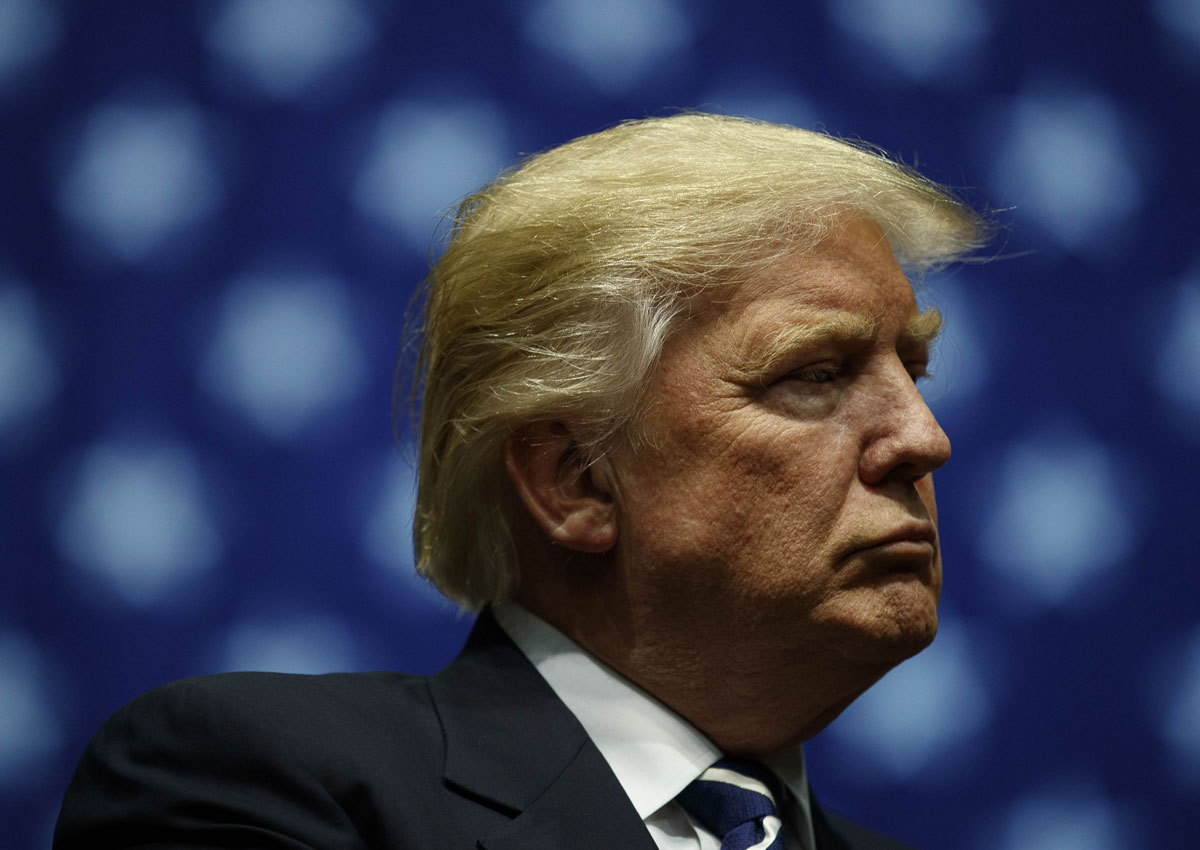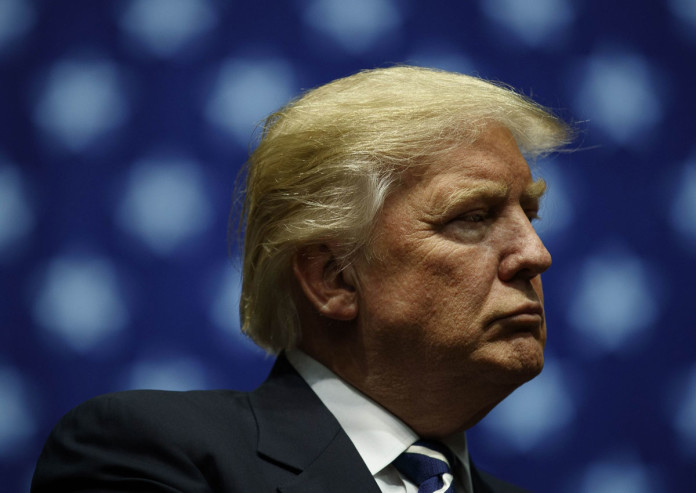Donald Trump attracted criticism from China after the president-elect stated that the US did not necessarily have to stick to the “One China” policy.
China’s foreign ministry said in a scheduled briefing that it was extremely concerned with Trump’s comments, with spokesman Geng Shuang telling reporters that the policy was the basis of relations between the world’s two largest economies.
The government’s official response came after the Communist Party-owned paper, Global Times, published an opinion piece with the headline: “Trump, please listen clearly, the One China policy cannot be traded” as it warned Trump that China cannot “be easily bullied”.
“If Trump abandons the one-China principle, why should China need to be US’ partner in most international affairs?” said the paper, which is known for its extreme nationalistic views.
Most would think Trump is “ignorant like a child” in handling diplomacy, the paper added.
Its English language edition was less strident, with the paper citing a foreign affairs analyst chalking up Trump comments to “inexperience” in a piece entitled “Prevent ‘immature’ Trump being manipulated by conservative forces: analyst”.
“As a businessman, he thinks it’s quite normal to do business, but he hasn’t realised that the Taiwan question is not a business to China. The Taiwan question is not negotiable,” China Foreign Affairs University professor Li Haidong was quoted as saying.
Li also said Trump didn’t have a plan to challenge the “One China” policy.
China and Taiwan parted ways in 1949, when the Nationalist Party (KMT) was forced to retreat to Taiwan by the Chinese Communist Party and China views the territory as a renegade province that can be re-taken by force if necessary. Washington embraced the “One China” policy in 1979 under which Beijing views Taiwan, Hong Kong and Macau as part of China.
China has been generally tempered in its official response to Trump’s comments, attributing much of it to inexperience. Chinese foreign Minister Wang Yi earlier blamed Taipei instead for Trump’s call with Taiwan president Tsai Ing-wen that attracted global headlines.
“China is trying to play the long game with Trump, not trying to rise to the bait (and) not trying to be provoked into a war of words in this unusual pre-inauguration period,” Control Risks’ CEO Richard Fenning told CNBC’s Squawk Box.
Taiwan was also trying to downplay any significance from Trump’s call with Tsai.
Tsai herself said recently that “one phone call does not mean a policy shift,” in a meeting with reporters from USoutlets that included USA Today an Washington Post.
“I do not foresee major policy shifts in the near future because we all see the value of stability in the region,” she added, according to the reports.
Even though Tsai belongs to an independence-leaning party, Tsai has been careful in her comments on China-Taiwan relations since her campaign, pledging to keep the “status quo” in cross straits relationship. However, she has not acknowledged the “One China” policy, irritating Beijing.
On Friday, Taiwan’s Foreign Affairs Minister David Lee put paid to rumours that Tsai may meet Trump in the US en route to Guatemala next month. New York-where Trump lives-was never considered for a transit stop, he said.
China’s Foreign Ministry had lodged a diplomatic complaint with the US about Trump’s call with Tsai, which broke nearly four decades of US foreign policy. The 10-minute call was the first by a US head of state with a Taiwanese leader since 1979.







